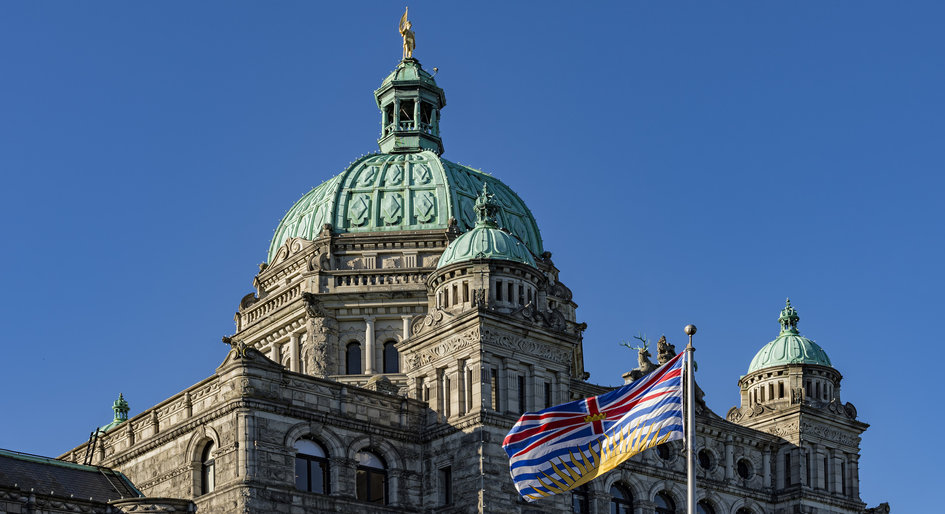Metro Vancouver has identified key regional challenges to be addressed by provincial parties through the Local Government Matters 2020 platform, a non-partisan election initiative to elicit solutions to challenges facing local governments and residents ahead of the 2020 BC election.
“We are bringing attention to the issues that are most significant to Metro Vancouver residents and our member jurisdictions,” said Sav Dhaliwal, chair of the Metro Vancouver board of directors. “This campaign allows us to get a better understanding of the parties’ priorities and is a resource for voters to learn about regional issues and how they may be addressed.”
Thirteen questions in four key issue areas have been sent to the three major parties contesting the 2020 provincial election. The issue areas relate directly to the region’s long-term livability, sustainability and prosperity:
- Pandemic response, resilience and equity,
- Critical investments in infrastructure funding and economic recovery,
- Housing and affordability,
- Climate change and environment.
“Infrastructure is critical to protecting quality of life and well-being. According to a recent survey, the vast majority of residents strongly believe that infrastructure investment must be part of B.C.’s and Canada’s plans to build back better from COVID-19,” said Linda Buchanan, vice chair of the Metro Vancouver board of directors. “Metro Vancouver is well positioned to partner with the Province of B.C. to realize shared objectives to spur economic growth, address climate change, protect natural habitats and create more affordable and inclusive communities.”
Metro Vancouver has earmarked more than $6 billion in shovel-ready critical infrastructure investments over the next five years to strengthen systems for drinking water, liquid waste, housing and regional parks. These projects have the potential to create thousands of long-term family-supporting jobs while protecting the environment and making the region more resilient to climate change.
“The COVID-19 pandemic has exposed social inequities that must be addressed to ensure our collective long-term livability and resilience,” added Dhaliwal. “We believe it is critical that government policies at all levels be examined through an equity and resilience lens to ensure that all residents can access social supports and that everyone may benefit from a recovery that advances economic, environmental and societal objectives.”










